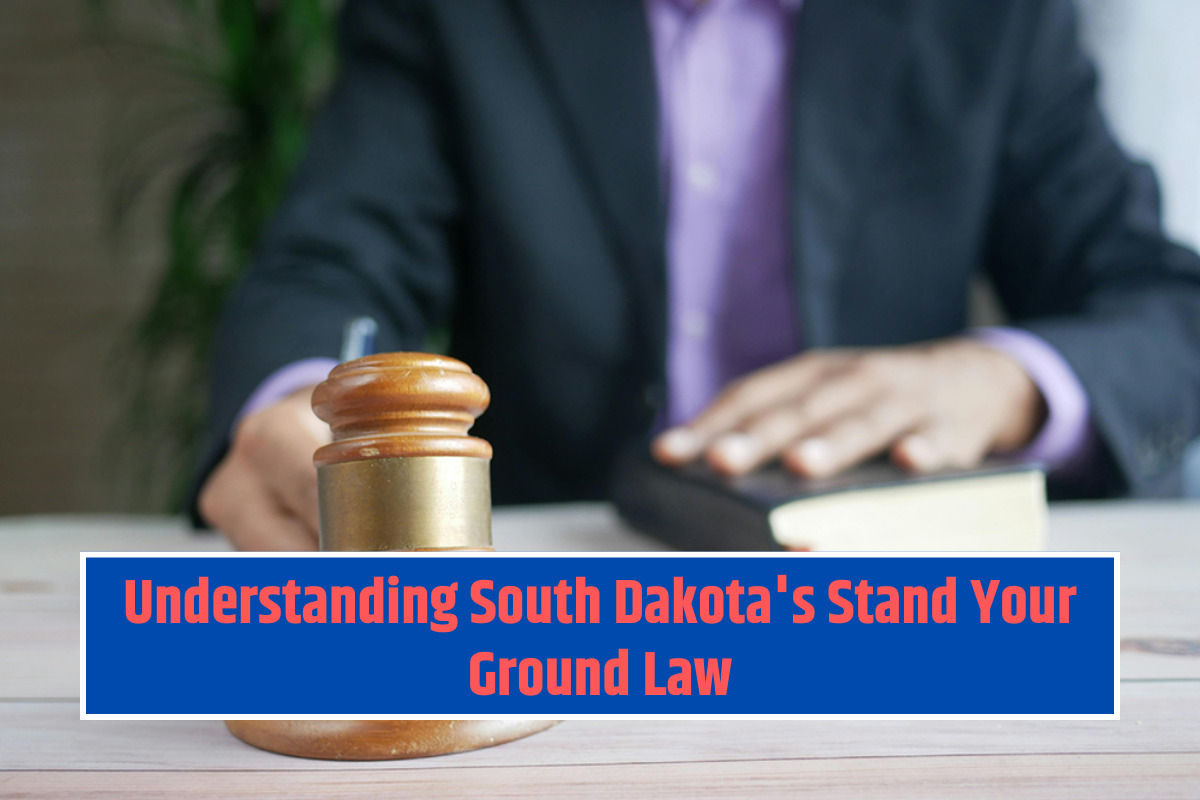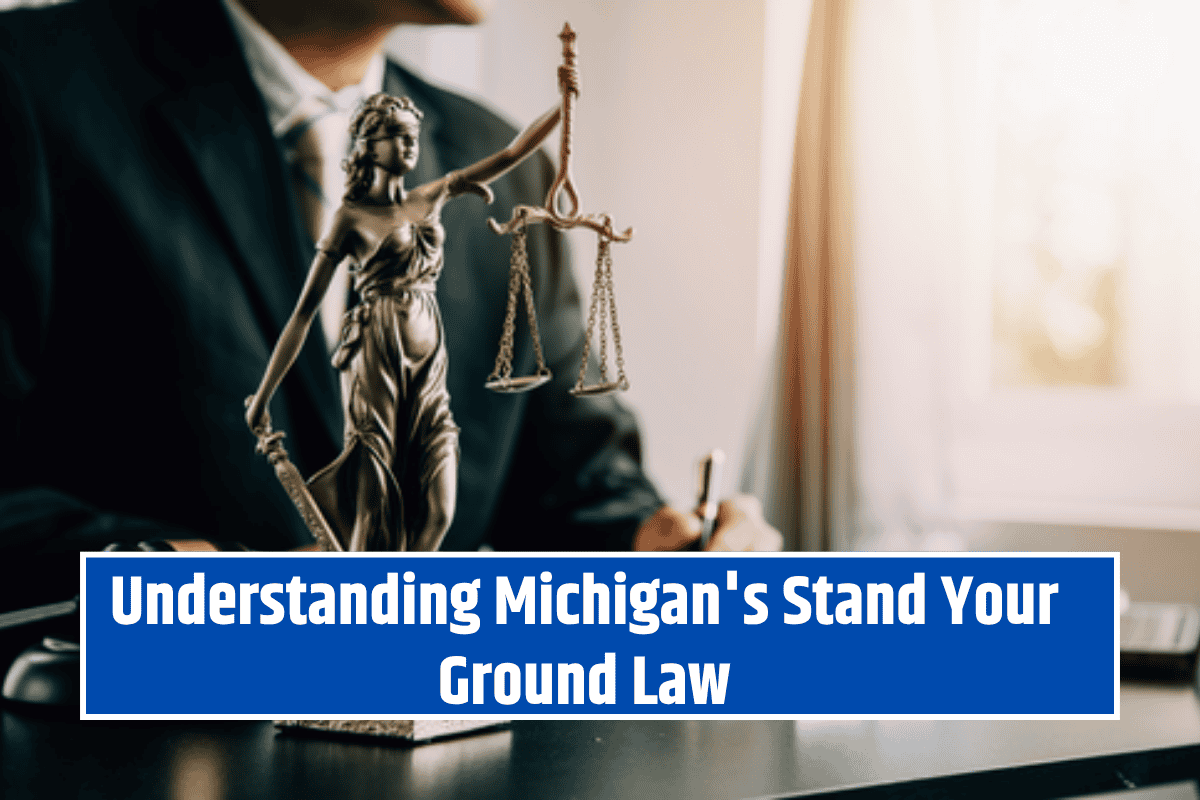South Dakota’s “Stand Your Ground” law allows individuals to protect themselves with force in situations where they feel threatened. This law provides legal protection to those who use force to defend themselves or others from imminent danger, even if they could have safely retreated from the situation.
While the law is designed to provide individuals with the right to defend themselves, it has sparked debates about its potential to encourage violence or lead to misunderstandings in certain situations. In this article, we will explain how South Dakota’s Stand Your Ground law works, its key provisions, and its potential impact on residents of the state.
What is the Stand Your Ground Law?
The Stand Your Ground law is a self-defense law that grants individuals the right to use force, including deadly force, to protect themselves when they believe they are in immediate danger of harm or death.
The law removes the “duty to retreat” requirement, meaning that a person does not have to try to flee from a dangerous situation before using force in defense of themselves or others.
In South Dakota, this law applies when individuals are in a place where they have a legal right to be, and they feel threatened by someone who is trying to harm them. The law gives them the right to use force in order to stop the threat. However, the use of force must be considered “reasonable” by the courts.
Key Provisions of South Dakota’s Stand Your Ground Law
- No Duty to Retreat:
In a threatening situation, the person has no obligation to attempt to escape. They can stand their ground and use force, including deadly force, if necessary, to protect themselves. - Right to Use Force:
South Dakota law allows people to use force in self-defense, and this includes deadly force in situations where they believe their life or the lives of others are in immediate danger. - Protection While in a Lawful Place:
The law only applies if the individual is in a location where they have a legal right to be, such as their home, business, or even public spaces. If they are unlawfully trespassing, the law does not apply. - Reasonable Belief of Threat:
The person using force must have a “reasonable belief” that they are in immediate danger. This belief must be one that an average person could also have in the same situation. - No Prosecution or Civil Suits:
If the use of force is deemed justified under the Stand Your Ground law, the individual is generally protected from criminal prosecution and civil lawsuits.
How Does the Law Work in Real-Life Scenarios?
Let’s say someone is approached by an aggressor who threatens them in a public space. If the individual feels their life is in danger, the Stand Your Ground law allows them to use force to defend themselves, even if they have a safe way to retreat.
For example, if a person is walking in a park and is suddenly attacked by an individual with a weapon, they have the right to defend themselves using force without first having to try to run away from the situation.
However, the key factor is that the person must believe the threat is real and immediate. The decision to use force, especially deadly force, will be scrutinized by the courts to determine whether it was justified. A reasonable person in a similar situation would need to agree that the threat was real and required forceful action.
Criticism and Controversy
While the Stand Your Ground law is intended to protect individuals, it has also been criticized for potentially leading to unnecessary violence. Critics argue that the law may encourage people to escalate dangerous situations rather than de-escalate them.
There is concern that the law could lead to misuse, where people may use force in situations where retreat or other options would be safer.
Moreover, opponents argue that the law may disproportionately impact certain communities, especially when it comes to racial disparities in the application of self-defense laws. Some fear that the law could be used to justify the use of deadly force in situations where it is not truly necessary, raising concerns about justice and fairness.
South Dakota’s Stand Your Ground law provides individuals the right to protect themselves from harm without needing to retreat in the face of a threat. While this law is meant to ensure people can defend themselves when necessary, it also raises concerns about the potential for misuse and escalation.
Understanding the law’s provisions is crucial for those living in South Dakota to ensure they act within their legal rights while also considering the potential consequences of using force in self-defense situations.












